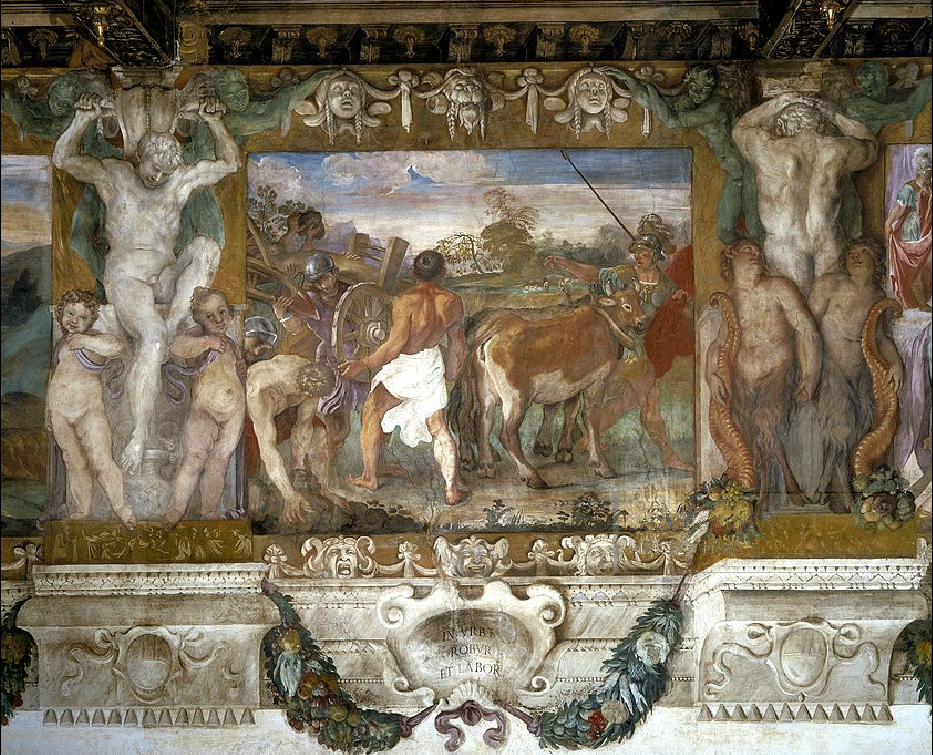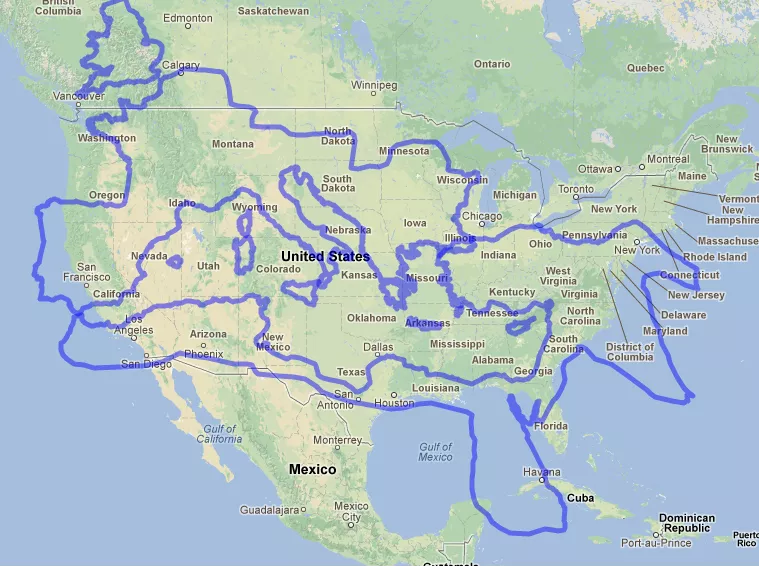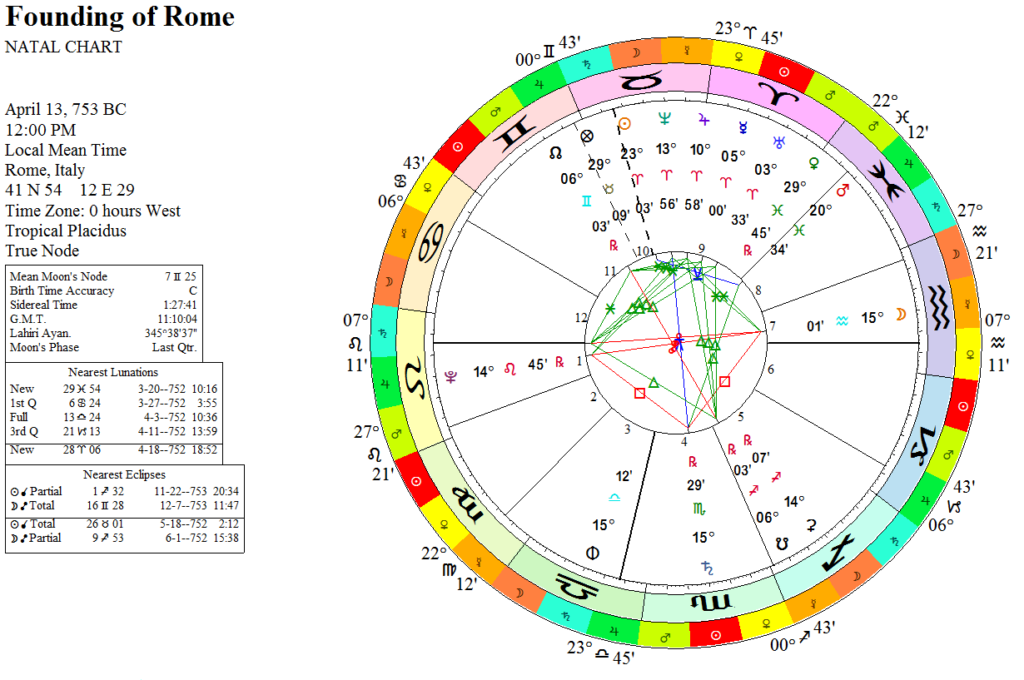A History of Rome and Pluto Returns Part 1 : Rome’s Founding Mythical Chart

Recently, I have been listening to a podcast series online about the history of Rome. I couldn’t help but notice the eerie similarities between the current political situation in the US and the Late Republic of Rome. Rome, in a lot of ways, is like a spiritual ancestor nation to the US. Both countries overthrew tyrant kings as a catalyst to building new republics that would eventually grow into large and powerful countries. The latter observation inspired my interest in using Rome as a reference for the upcoming situation in the US.
Of course, there exists some differences between Rome and the state of affairs in the US. Primarily, the Founders of the US had access to over 2,000 years of Roman government records that documented every mistake their rulers made during their reign. They also had an additional 1,500 years of records from a dozens of other European nation states work analyze too. So the US started out with a good idea of what errors not to make in the inception of a new government.

However, just like Rome, the US expanded across a continent, and with those growing pains, challenges in governance arrived. The US is entering such a period of crisis. As an astrologer I know this is because of the US’s Pluto Return. And because the US is about to experience it’s Pluto Return, it got me thinking how Rome experienced their Pluto Returns. Are there any correspondences to the crisis periods in Roman history? Are there any useful parallels to the present US situation?

Before analyzing Rome’s Pluto Returns, one must first create a birth chart for Rome. There is considerable debate on the year Rome was founded. This was true even in ancient times. Dates of 814 BC, 753 BC, 752 BC, 748 BC and 729 BC are referenced by historical sources. The ancient Romans settled on the date of 753 BC by the early Empire period.
In modern times there is considerable doubt about the commonly accepted year is 753 BC. Modern archaeologists think the 814 BC is closer to the actual date. But for the purposes of this study I will use the 753 BC date. The date when Romulus founded the city of Rome according to myth. Romulus is generally regarded as the first King of Rome and this represents the first known political organization of the city, even though there might have been a previous settlement at the site.

However, all the ancient sources agree on the exact day that Rome was founded, April 21, the feast of the god Pales. Pales is the god of shepherds, flocks, and livestock. When creating a chart for April 21, 753 BC I assumed that the date was in the old Julian Calendar format. For my software to work, the date is converted into the Georgian Calendar date of April 13, 753 BC. My astrology program does this automatically. This is why the date is slightly different in the chart shown.

The date should not make a difference for studying Pluto Returns if I miscalculated. Because Pluto moves so slowly even a few days off the correct date, it should return the same critical years. And while the rest of chart is speculative some general conclusion about the chart can be shown it.
First, the Sun as well as Mercury, Jupiter, Uranus, and Neptune are all in Aries the sign war. Rome excelled at all things military during it’s early years. It created one of the few ancient standing armies and probably the most well documented one for its time period.
Pluto is in Leo which is a display of raw power Rome was known for in its early history. The other thing one can tell about Rome Founding chart is that Pluto is square Saturn. Power and control conflicts with the structure of government throughout Rome’s history. We can even bring in the Moon’s opposing Pluto too, if the time is fairly accurate, to say that the power of the state oppressed it’s people. This was certainly true during most periods in Roman History.
The next post in this series will look at the ancient history and see how Rome experienced its first five Pluto Returns. Not surprisingly, a theme of how Rome experienced Pluto Returns readily stands out.

Other Articles in this Series:
Ancient Rome’s Pluto Returns: Governance Crisis and Barbarian Attack!
Byzantium Rome’s Pluto Returns: Invaders at the Gates!
Medieval Rome’s Pluto Returns: Religious Reform within While Chaos is Outside


